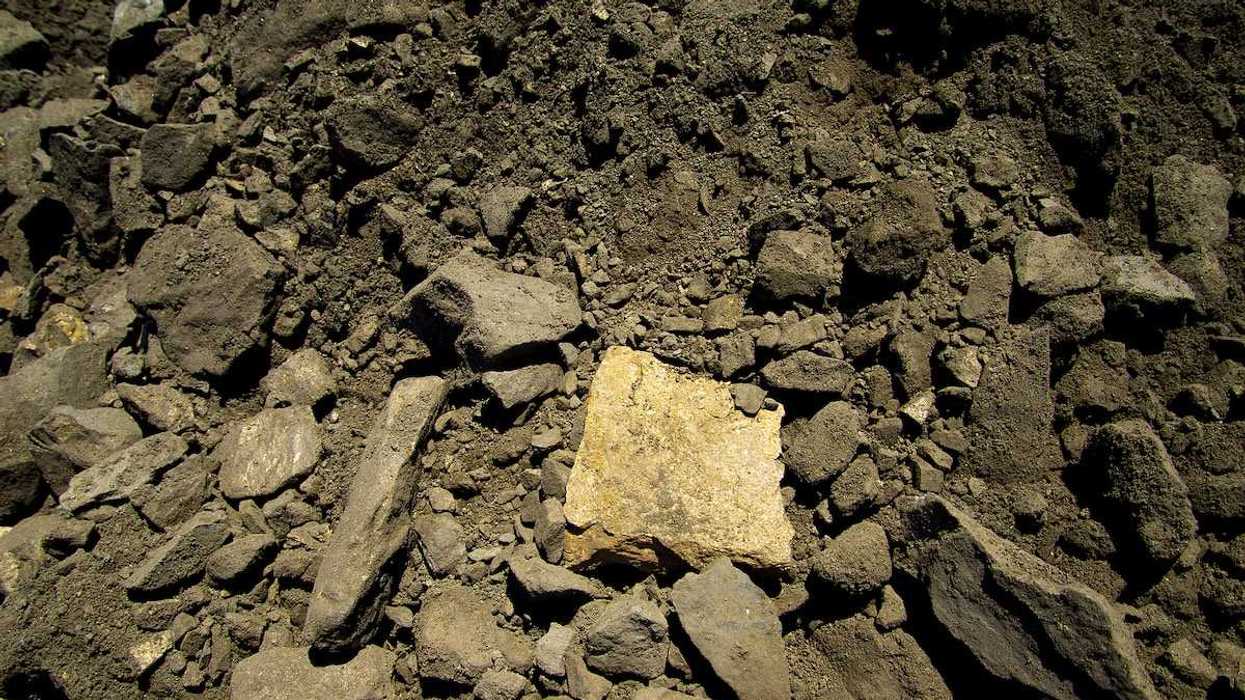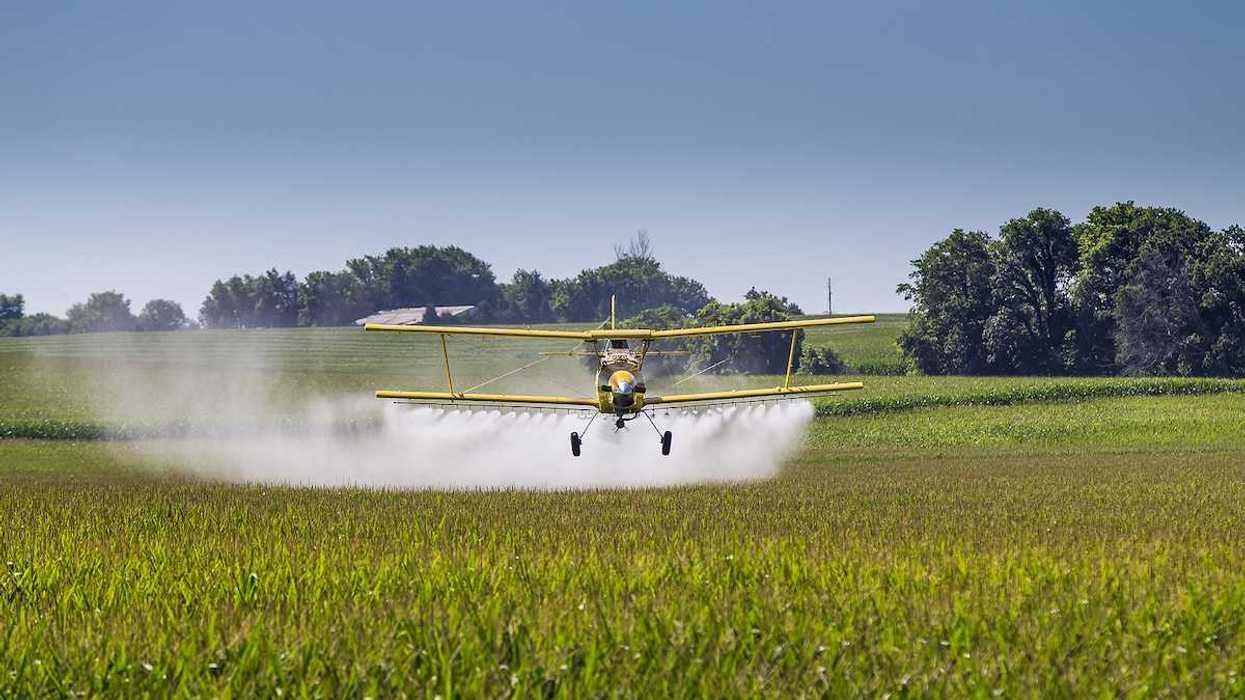A study finds 22 pesticides associated with prostate cancer risk in the U.S., with four also tied to higher death rates.
Andrea Tamayo reports for Science News.
In short:
- A study analyzed pesticide use in over 3,100 U.S. counties, identifying links between 22 pesticides and increased prostate cancer cases and deaths.
- The research tracked pesticide use from 1997-2006 and compared it with cancer data from 2011-2020, reflecting the long time prostate cancer takes to develop.
- Common pesticides like 2,4-D were included, and findings call for further research on environmental exposures and cancer prevention.
Key quote:
“This study is really best at finding the potential pesticides that may be linked with prostate cancer so that we could narrow down the list of things that need to be further studied.”
— John Leppert, urologist at Stanford University School of Medicine
Why this matters:
Prostate cancer is the second most common cancer in the U.S., and its causes remain poorly understood. Understanding the role of pesticides could improve early detection and public health measures, particularly in high-exposure regions.
Related EHN coverage:














